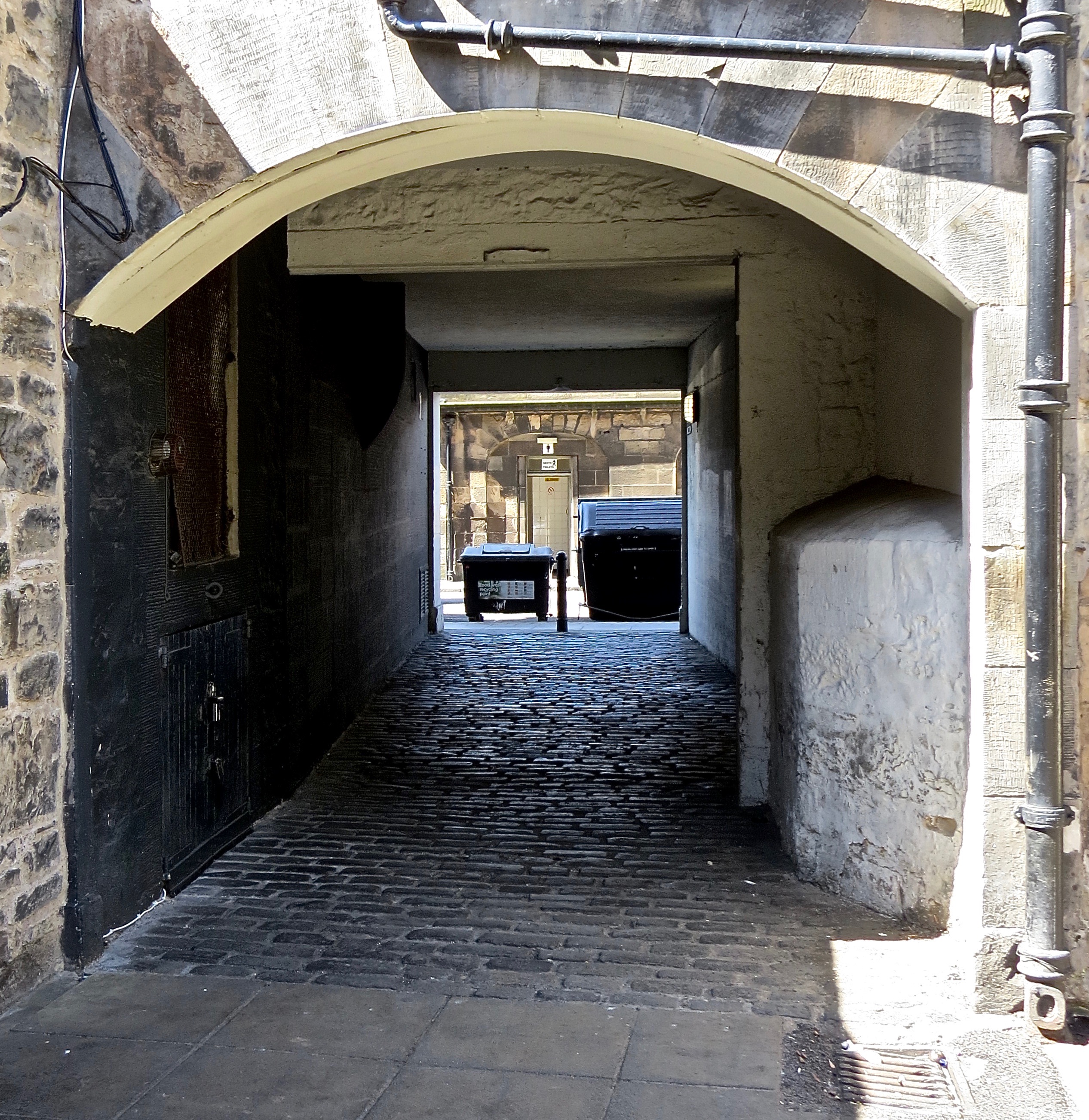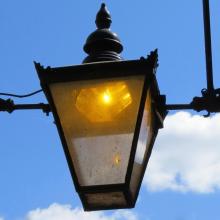
WHAT I THINK ABOUT WHEN I THINK ABOUT WALKING
Why do I walk?
One reason is to try to understand what I really think. It’s an attempt to capture the insights that, like fireflies of the unconscious, flicker at night then vanish into the pale mists of dawn.
I’m talking about the kind of purposeless, meaningful stroll that, rather more than daydreaming, is akin to being on the couch, on the road.
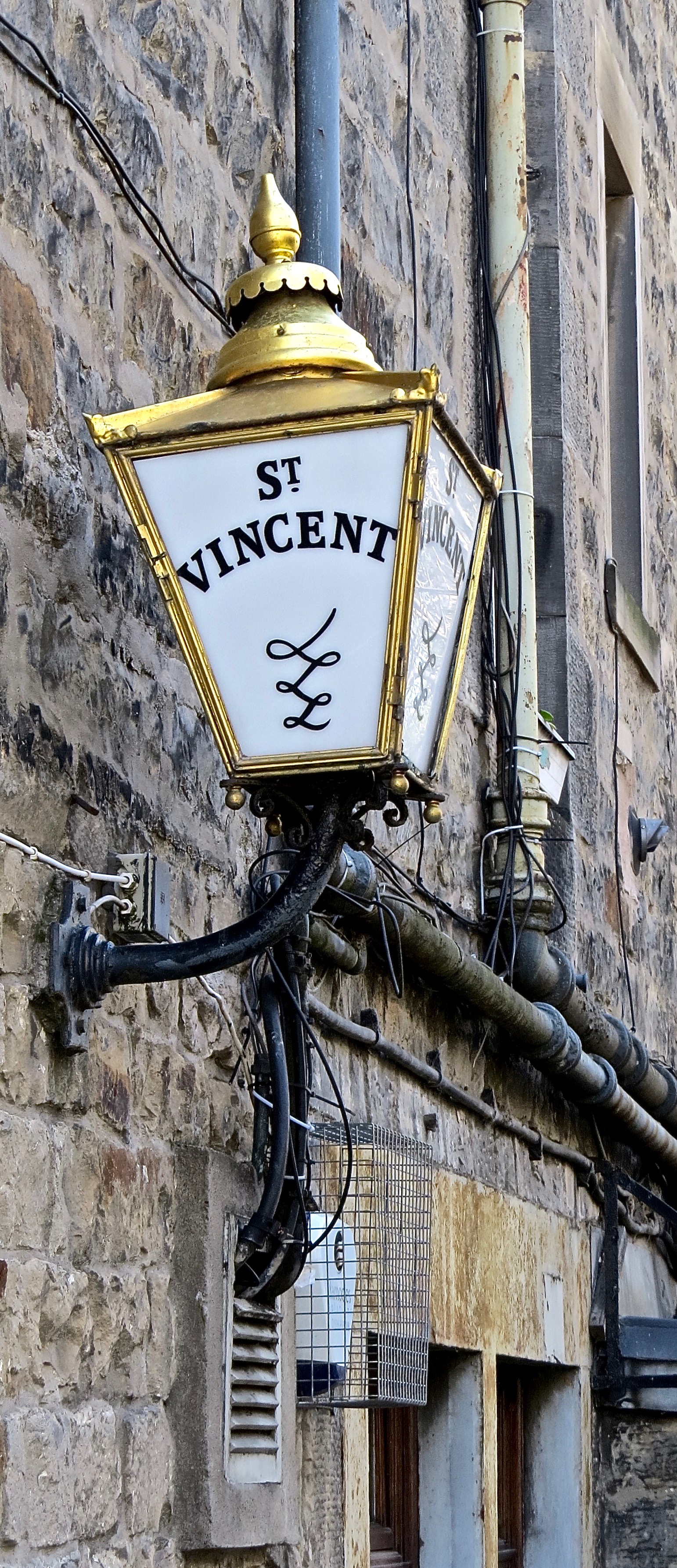
Its secrets yield more to some places than others. If the Stygian flow of a Lothian Road or Queen Street is unlikely to provoke great insight, other places are handmaids to our need for self-understanding.
I don’t know if that great flaneur of the spirit Carl Jung was much of an ambler, but his belief in the superiority of individual over group consciousness seems to apply. The revelations of the mindful constitutional are best sought solo.
I am bound for Stockbridge and my first Edinburgh home, a decade-and-a-half ago, on one of its more energetic roads. As I head north on Howe Street, each footfall seems to resonate with the moods of those early days.
Passing high steps shepherded by finialled railings, I recall the friend who lived in a first-floor flat. The shivery rooms whose shutters seemed nothing so much as a last desperate stand against the buses and cars below. The expectorating enemy on the setts.
This city, I remember thinking, could not think much of some of its streets if it would subject them to such harassment.
As I move to greet neighbouring St Vincent, the New Town slows to its northern terminus, and I think about endings. About how the city transforms when the person you got to know it with is no longer there. Personal maps of the city are not just based on geography, but on complicated connections to places that shift meaning when circumstances change.
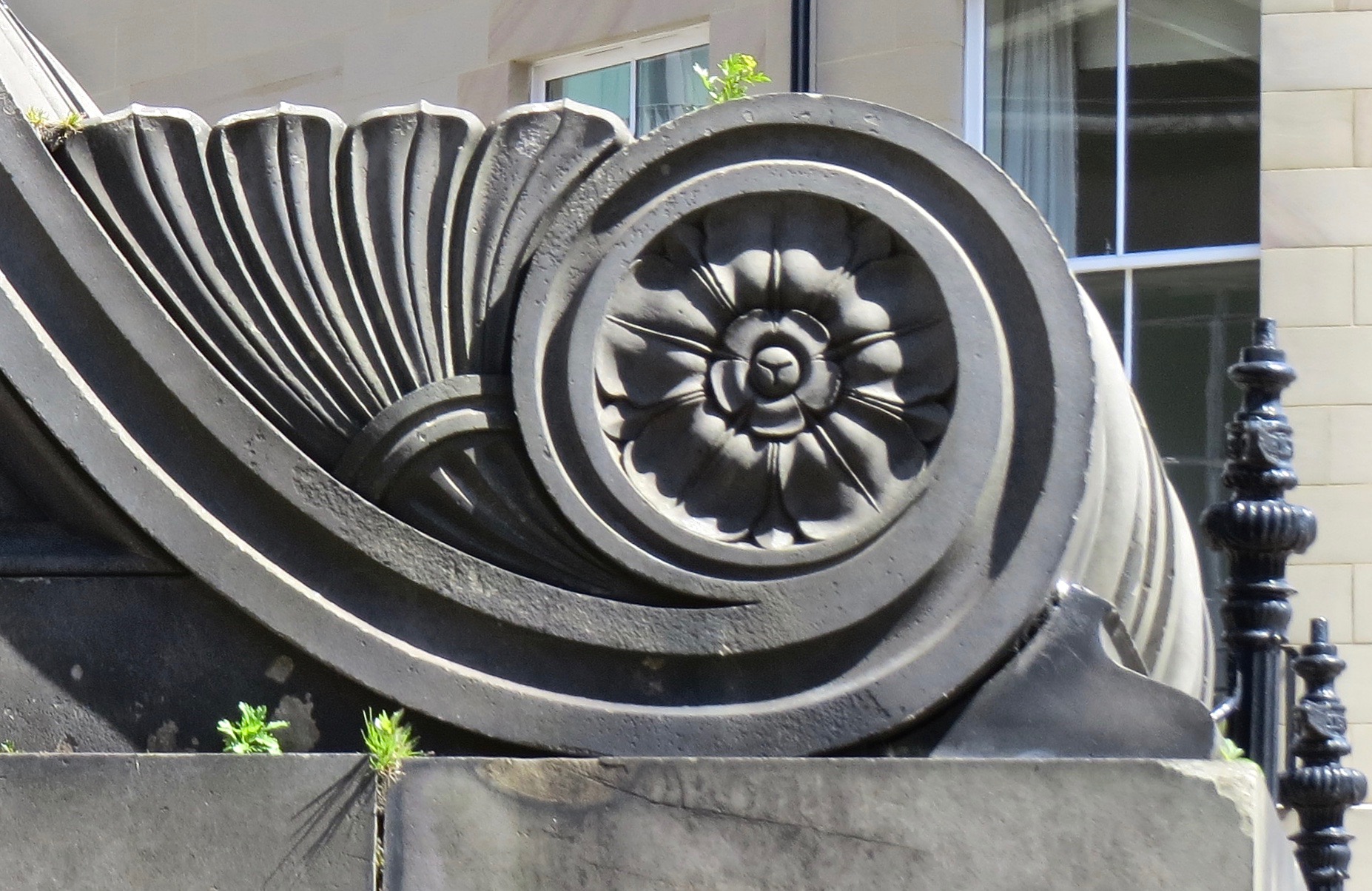
In Playfair’s shadow and unreal time the road forks, and I reflect on paths not taken, the end of the affair, black cab exodus, life elsewhere.
I turn left onto St Stephen Street. Twisting like a snake-hipped youth towards the evening sun, it’s a dishevelled indie paradise. A moody, creative adolescent, it’s confused by the municipal guardians who have abandoned it.
Reaching the Bailie on the corner, I recall Monday night quizzes, and a cast long gone. Its faded anthems, not quite plaintive, are mostly a reminder of passing time and acquaintance almost forgot.
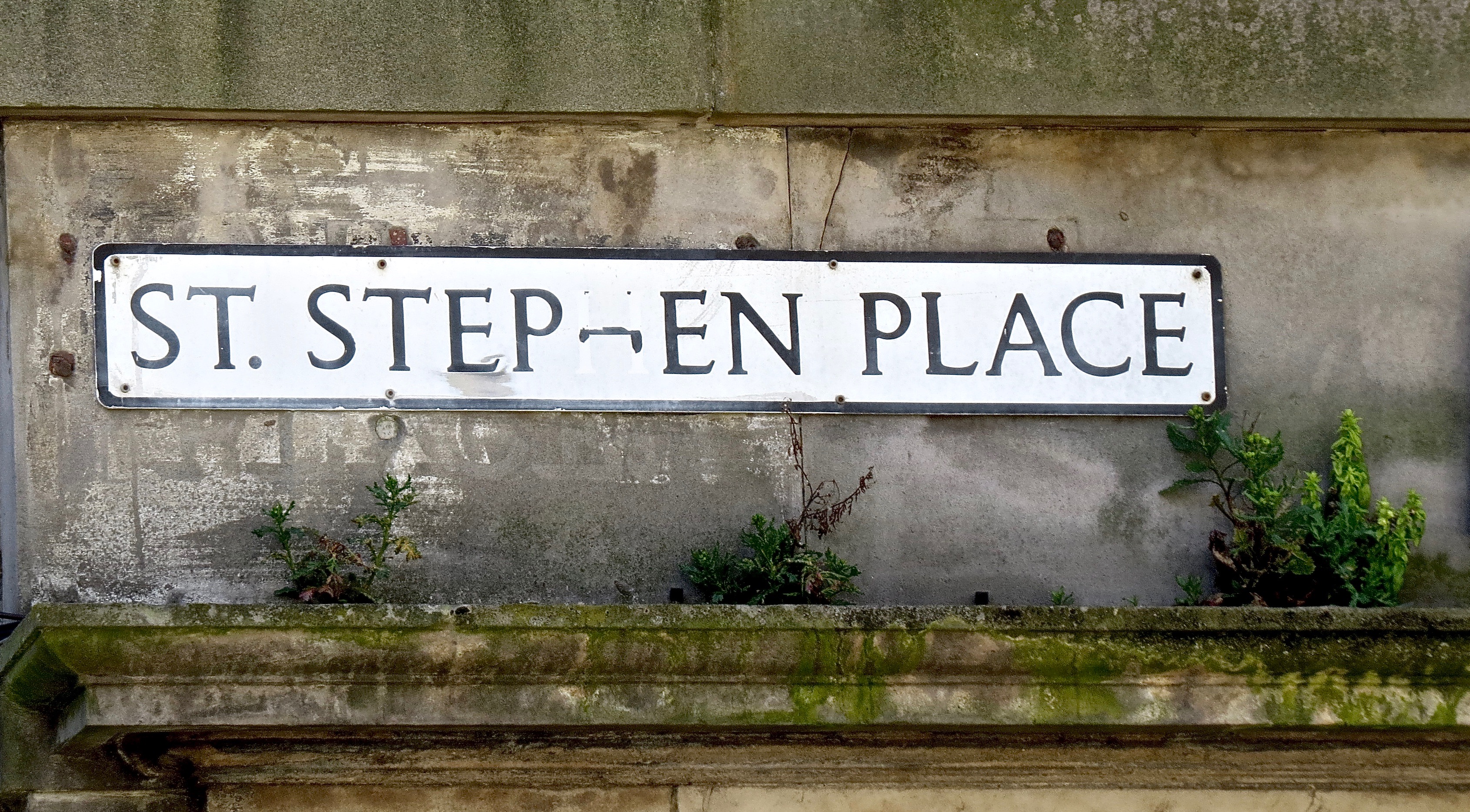
At the end of adjacent St Stephen Place’s short stretch, the arched entrance and fluted columns of old Stockbridge Market are a gateway to the mind’s eye. There’s no longer any urgent bustle, no barrow boy banter, just a tranquil tree-shaded conduit and light chitter-chatter.
But here, too, meaning can be teased from the shadows. The dramatis personae of old wait in the wings. I pay my respects and walk through to Hamilton Place.
I am almost home.—David Hill
